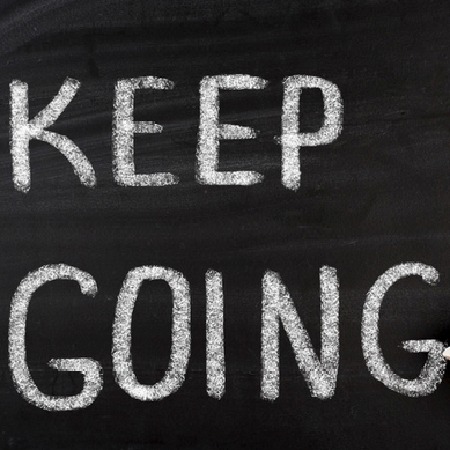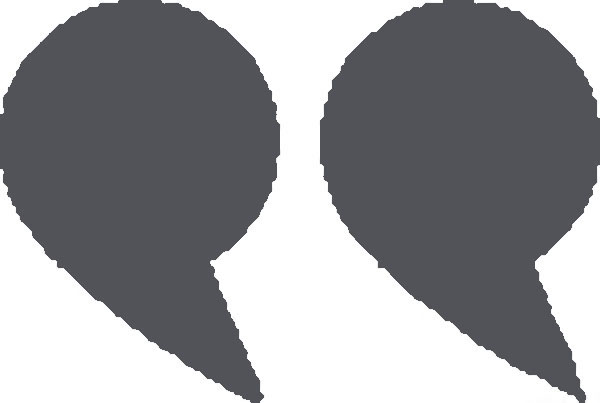😃 Subscribe for Weekly Posts:
Takeaway
True authorial growth requires shifting away from ego-defense—such as dismissing feedback or ignoring the reader’s experience—and toward a mindset where feedback is viewed as a bridge to professional success rather than an attack on talent.


"Healthy Arrogance" is the inner fuel that keeps a writer going through the battles.
At Bardsy, we spend lots of time thinking about our mission: helping authors succeed. Today we focus on one key factor: confidence. We find, perhaps ironically, that better authors tend to be more insecure. This incredibly frustrating fact leads to today's observation and some suggested actions, which take the form of self-talk. Some people have too much confidence, of course. Let's start with an example of that. We'll flip to the positive side of arrogance and how to find it next time.
What not to do: Arrogance observed
This example comes from our anthology contests. Three things make our writing contests unique: first, every entry receives feedback; second, each author has an opportunity to revise their work (before judging); and, third, we work with authors whose entries pass a specific threshold on publication. This setup follows from our philosophy, which holds that rejection should be a bridge to improvement.
Importantly for today, a human professional applies our Publishability Index™ to produce all feedback; it doesn't single anyone out. All entries are also anonymized. Our editors have successfully used the PI to provide feedback on thousands of stories. It identifies strengths and weaknesses while suggesting whether a piece is done or has some way to go.
Upon receiving this careful, anonymous feedback, one entrant responded this way, paraphrasing: I do not need your advice nor training to be a novelist. I am quite confident to compare myself with Kafka, Dostoevsky and Salman Rushdie."
You can be forgiven for reflexively dismissing this statement, yet the broader issue remains: how does that mindset lead to improvement? Fortunately, these examples are rare, though salient. More concerning are other reactions or the lack of any reaction.
How entrants react to feedback
Some impressionistic data from our contests paints a revealing picture of author psychology:
The Arrogant, about 2%:
Roughly 2% of people actively complain, some reacting with vitriol to the feedback they received. As expected, complaining is strongly associated with less positive reports. We have refunded some complainants' contest fees, but that doesn't seem to affect their attitude. This outcome suggests the ire is less about economics than psychology. Finally, complaints typically address the feedback provider as opposed to the substance, which again points to ego as a proximate cause.
The Unengaged, about 30%:
A large chunk of entrants do not respond in any way to the feedback report. Some may not have seen the email due to snafus. It's possible that these ghosts received the feedback they wanted and decided to move on. However, not availing themselves of the chance to revise their entry before judging seems illogical. For most, no revision translates to no chance at publication or winning prize money. A few within this group actually entered excellent pieces, which received glowing feedback and would have been paid and published as finalists. Heartbreaking and even less explicable. This group discourages us the most.
The Growers, about 45%:
These authors engage positively, improve their work, and often go on to win prizes and publication. We love them.
This roundup leaves out about 20% of the pool. These entrants often revise their work marginally, yet fail to address the main issues, and seem disinterested.

We find, perhaps ironically, that better authors tend to be more insecure.

Three Counterproductive Expressions
Let's focus for a moment on that 2% to see what they can teach. Perhaps the most instructive step is to identify the messages inherent in each complaint. We find three typical responses; some emails contain all of them. Nearly all include one of these three.
You're Wrong (and Usually Ignorant, too)
Depending on the complainant, these responses can be polite as the above example shows. Still, they display ample arrogance along with a fundamental disregard for an author's primary job. An author must satisfy readers, a core tenet of Bardsy's approach. Their lack of concern for this necessity shows up in the most commonly used phrase: "you don't get what I'm trying to do." Indeed.
Remember, all feedback attempts to get at what advances and inhibits reader satisfaction. Whenever a reader fails to understand, any serious author should sit up and pay attention. Every reader certainly won't get every work. On the other hand, an opinion from a well-intentioned and paid professional should carry some weight. Attempts to engage with those who've articulated this sentiment more politely are invariably counterproductive.
I Write for Myself (and I don't care what you think)
We often find this sentiment expressed with the "you're wrong" idea, but it merits its own category. It adds a layer of self-satisfaction to "you don't get" it. Beyond the above observation regarding readers, it seems these authors feel no need to improve or revise. For one, they set a ceiling on their own accomplishment. More broadly, a purer form of ego-defense can't be found.
There's a special case with respect to this aim. Some authors' tastes are so well-developed and overlap well enough with their audience that writing for themselves suffices. You'll often hear famous authors say this in a humble brag. Their proven success awards them the benefit of the doubt. If you want to sell more books, it's worth trying a new attitude.
I Just Need an Agent
The most bizarre response to negative reports, ones that list at least one serious issue, occurs when the author asks for our help to secure an agent or publishing contract. They often do this despite acknowledging the work's problem. This has happened many times more times than you might expect and crops up in other conversations, as well. The thinking appears to be that once an agent is found or a contract is signed, the author will go ahead and "fix" the work. Similarly, some authors suggest that the writing shows what they can do, and they offer to revise the work once we accept it for publication.
This request represents a different kind of arrogance. In place of ego, the author has fundamentally misread the publishing industry as well as their place within it. Point of fact: though any great success involves some luck, we believe it's not a determining factor. Past misguided hope, this view sets a ceiling on what the author can achieve at least because their craft will never improve.


Whenever a reader fails to understand, any serious author should sit up and pay attention.
For another cut at arrogance (with more rigorous data), look at our personas. We performed a cluster analysis on survey data to identify seven author types, some of which will apply to you. Specific recommendations concerning your career path accompany each: first persona series blog
At the end of the day, we are all humans (no robots here, we hope). Our job is to succeed together. 98% of people can do this—not everyone will be a bestseller, but everyone can improve to the point where they are proud to share their work with the world and receive great appreciation in return. And, stay tuned for Part 2, which reveals self-talk to help you cultivate healthy arrogance.